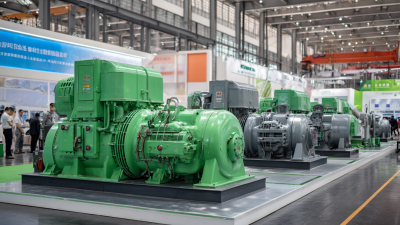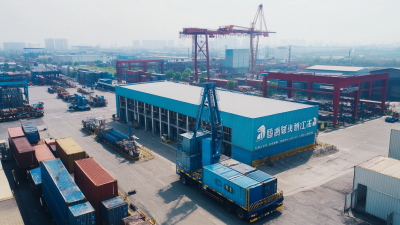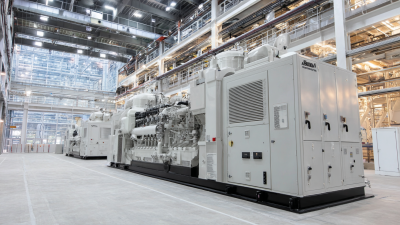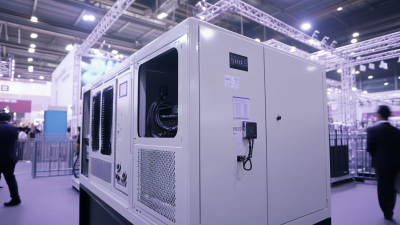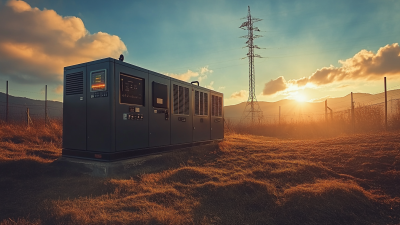
-
Home
-
Products
-
Service
-
About Us
-
Solution
-
Videos
-
News
-
Contact Us
Leave Your Message

In an era where energy efficiency has become paramount, the demand for sustainable and effective power generation solutions is undeniable. The "Power Solutions Generator" emerges as a pivotal technology, designed to optimize energy use and minimize waste. As we approach 2025, innovative advancements in generator technologies are set to reshape how we harness and utilize energy. This article delves into the top 10 powerful solutions that can significantly enhance energy efficiency, ensuring that both residential and commercial users can benefit from reliable and sustainable power sources.
The quest for improved energy efficiency is driven not only by economic considerations but also by the pressing need for environmental sustainability. Modern Power Solutions Generators are at the forefront of this transition, offering features that enhance performance while reducing carbon footprints. By exploring these top solutions, we aim to provide insights into how these generators can transform energy consumption patterns, promoting a cleaner and more efficient approach to power generation. Join us as we uncover these groundbreaking technologies that define the future of energy efficiency in the coming years.
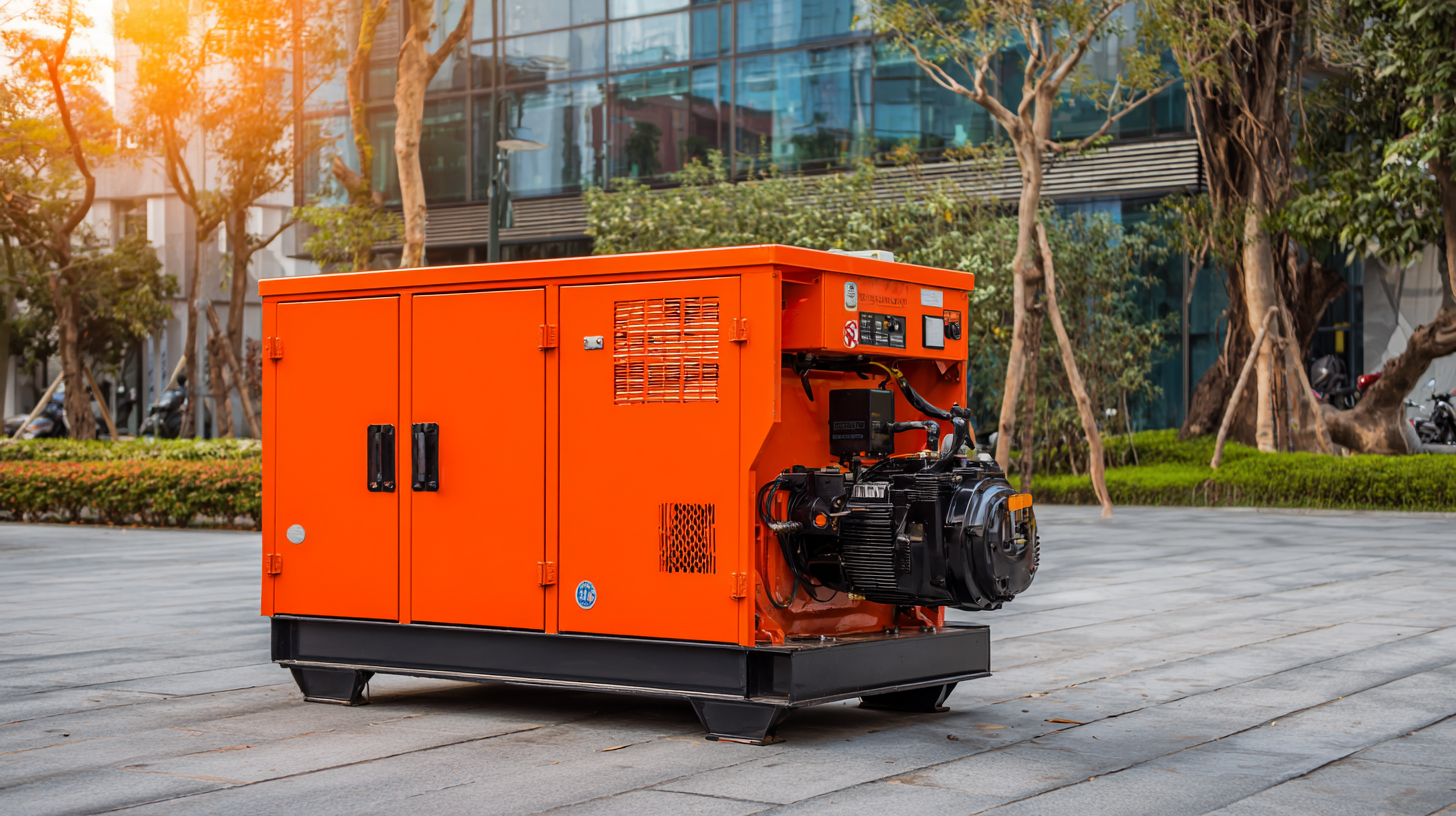
The advancement of innovative generator technologies is becoming increasingly crucial in maximizing fuel efficiency and enhancing energy performance across various sectors. According to recent statistics, the global HHO generator market is projected to grow from approximately $973 million in 2025 to a staggering $2062.1 million by 2035, with a robust compound annual growth rate (CAGR) of 7.8%. This growth highlights a significant shift towards cleaner, more efficient energy solutions, positioning HHO generators as key players in the transition to sustainable energy sources.
In the race for improved energy efficiency, new technologies are paving the way for the future of power generation. For instance, recent developments in solar thermoelectric generators have yielded products that are up to 15 times more efficient compared to existing models. These innovations, which incorporate cutting-edge materials such as black metal, demonstrate a commitment to achieving superior performance and reducing emissions. Furthermore, advancements in electric motors are expected to alleviate more than half of the global electricity consumption while dramatically lowering the environmental impact, further underscoring the importance of embracing innovative technologies in generator design and application.
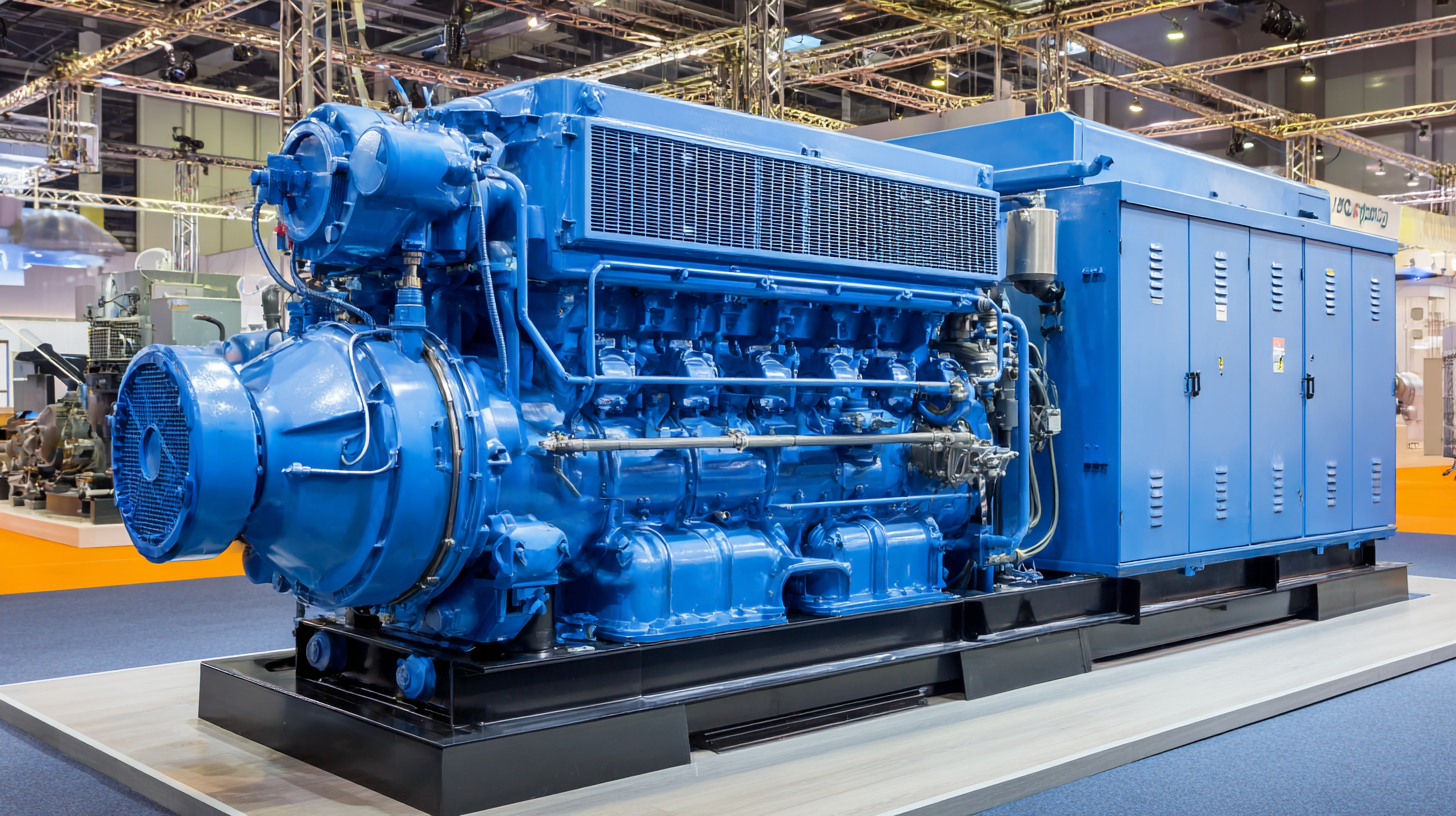
In today's energy landscape, smart control systems are crucial for optimizing generator performance, particularly in enhancing energy efficiency. The implementation of advanced technologies, such as Maximum Power Point Tracking (MPPT) and fuzzy logic-based energy management systems, allows generators to adapt to varying energy conditions, improving their output and operational effectiveness. These systems analyze real-time data to make instantaneous adjustments, ensuring that energy production aligns with demand and minimizes waste.
Tips for optimizing generator performance: One effective method is integrating a hybrid renewable energy system, which combines solar, wind, and battery storage technologies. This not only diversifies energy sources but also ensures a reliable power supply. Additionally, consider utilizing digital twin technology for real-time monitoring and predictive maintenance, which can significantly reduce downtime and enhance operational efficiency.
Moreover, the role of smart grids cannot be overlooked in the realm of energy management. By incorporating digital technologies, smart grids optimize energy distribution, allowing for better load balancing and accommodating the increasing use of electric vehicles. This interconnected approach to energy management and generation will ultimately lead to more sustainable urban environments.
Regular maintenance practices play a critical role in enhancing the energy efficiency of generators. Performing routine checks on key components, such as air filters, fuel systems, and lubricants, can significantly impact overall performance. For instance, clean air filters ensure proper airflow to the engine, optimizing combustion and reducing fuel consumption. Replacing worn-out parts during scheduled maintenance not only prevents costly breakdowns but also promotes a more efficient energy output, ultimately extending the generator's lifespan.
In addition to physical inspections, it is essential to keep detailed records of maintenance activities. Tracking the performance of the generator over time helps identify patterns and potential issues that could affect energy efficiency. Implementing a proactive maintenance schedule that includes frequency checks, oil changes, and operational tests ensures that the generator operates smoothly and utilizes energy effectively. By prioritizing regular maintenance, users can maximize the energy efficiency of their generators, benefiting both their wallet and the environment.
In recent years, the demand for eco-friendly fuel options has surged, as industries and consumers alike seek to reduce their carbon footprints. According to a report by the International Energy Agency, alternative fuels such as biodiesel and renewable natural gas can significantly lower greenhouse gas emissions associated with generator operations. For instance, utilizing biodiesel can reduce emissions by up to 78% compared to traditional diesel, offering a compelling solution for environmentally conscious users.
One effective tip for enhancing generator sustainability is to incorporate hybrid technologies that integrate renewable energy sources. By combining generators with solar or wind systems, users can harness clean energy to minimize reliance on fossil fuels. This hybrid approach not only enhances energy efficiency but also lowers operational costs in the long run.
Another consideration is to explore the use of waste-to-energy systems. According to the U.S. Environmental Protection Agency, converting organic waste into energy can yield significant emissions reductions. Generators powered by biogas from waste materials can meet energy needs while simultaneously managing waste. Generating energy in such a sustainable manner not only promotes ecological balance but also contributes to a circular economy, making this an ideal solution for future generations.
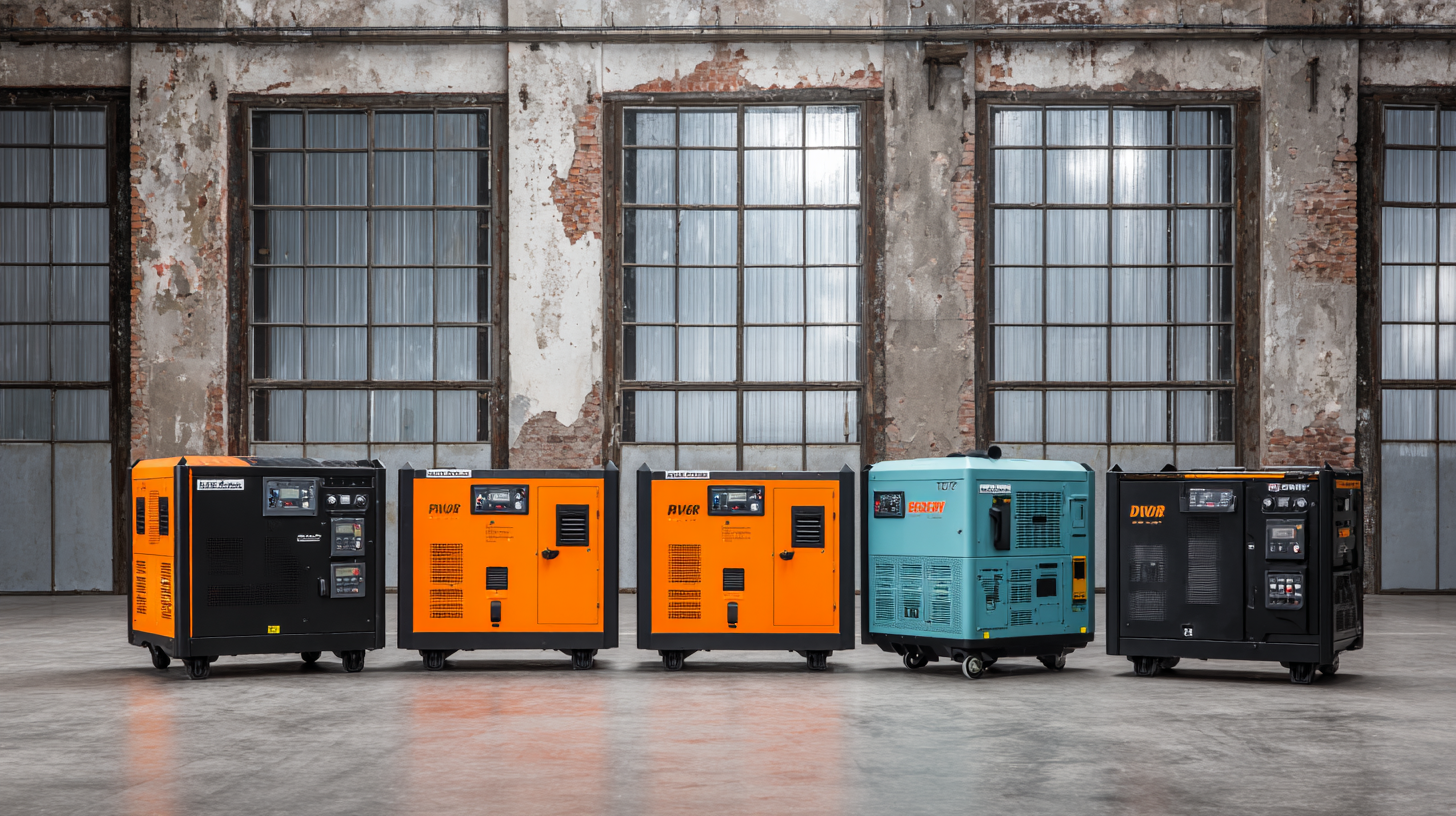
Energy management systems (EMS) play a crucial role in enhancing energy efficiency by providing real-time usage monitoring and optimization across various industries. The integration of IoT technology within EMS solutions allows organizations to track energy consumption patterns, enabling them to make data-driven decisions that reduce waste and costs. This capability not only supports sustainability efforts but also enhances operational efficiency in sectors such as residential, commercial, and industrial applications.
 As the global energy management market expands, anticipated to grow from $70.58 billion in 2023 to approximately $222.56 billion by 2030, the emphasis on energy monitoring and management solutions continues to rise. This growth is driven by the increasing demand for intelligent waste management and energy recovery systems, such as smart collection and processing technologies. By adopting these advanced solutions, businesses can significantly improve their energy performance, reduce their environmental impact, and achieve regulatory compliance, thus positioning themselves competitively in a rapidly evolving energy landscape.
As the global energy management market expands, anticipated to grow from $70.58 billion in 2023 to approximately $222.56 billion by 2030, the emphasis on energy monitoring and management solutions continues to rise. This growth is driven by the increasing demand for intelligent waste management and energy recovery systems, such as smart collection and processing technologies. By adopting these advanced solutions, businesses can significantly improve their energy performance, reduce their environmental impact, and achieve regulatory compliance, thus positioning themselves competitively in a rapidly evolving energy landscape.
